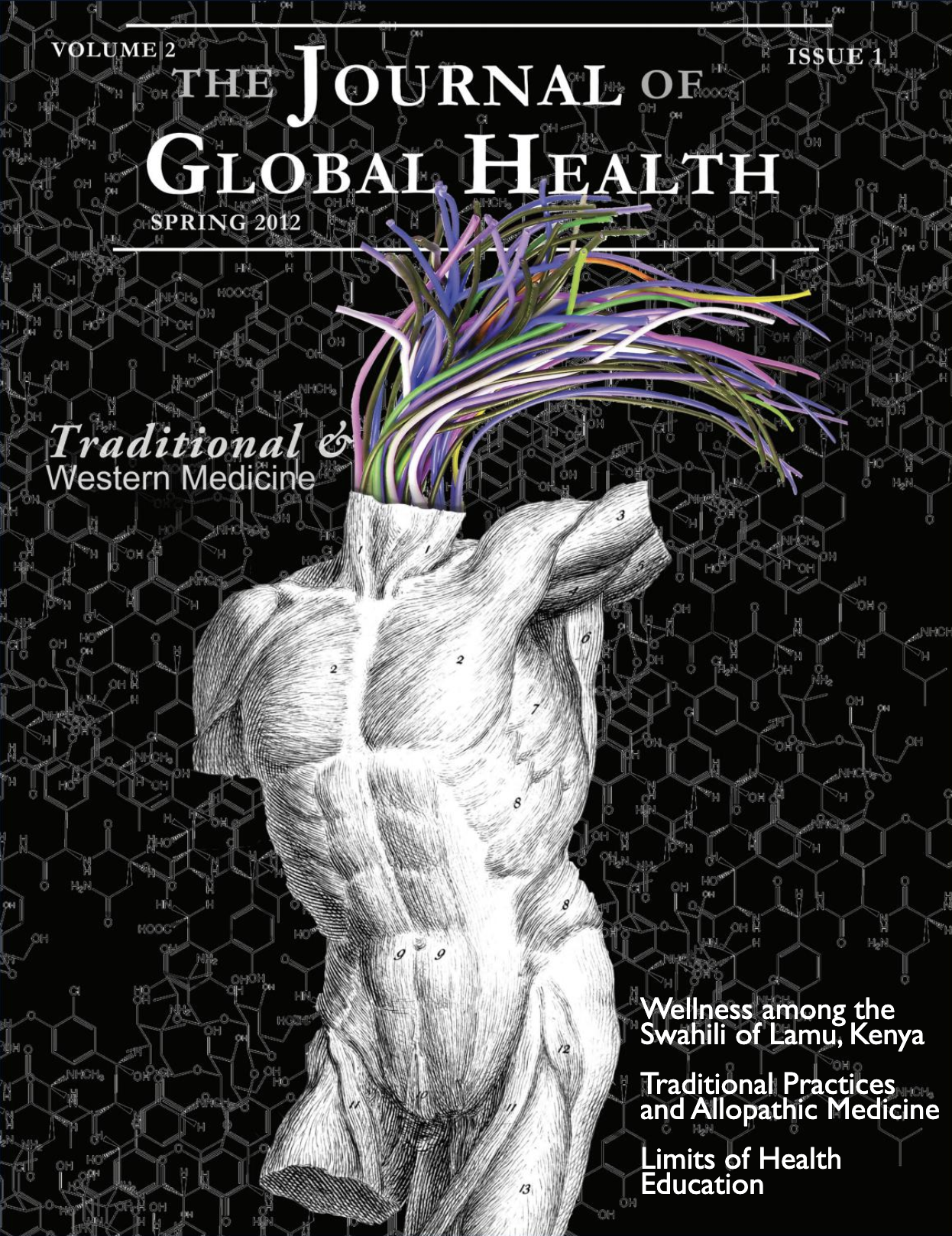PEPFAR’s violations of the right to health of sex workers
Main Article Content
Abstract
In 2003, the Bush administration established the President’s Emergency Plan for AIDS Relief (PEPFAR), a program that pledged to provide $15 billion to support the global effort to eradicate HIV/AIDS over a five-year period. PEPFAR’s initiatives center around both prevention and care: providing antiretroviral (ARV) medication to individuals already diagnosed with HIV/AIDS and scaling up efforts to stop the spread of new infections (About PEPFAR, 2011). In 2008, PEPFAR was renewed and expanded. Due to its efforts, PEPFAR has helped provide ARV drugs to three million individuals and has partnered with over 30 countries to give aid to 11 million individuals (Latest PEPFAR Program Results, 2011).
However, many of PEPFAR’s initiatives contain ideological components that constrain the scope of its anti-HIV/ AIDS missions. One such component is the “anti-prostitution pledge,” a requirement of PEPFAR that prohibits its funding of organizations that do not actively denounce prostitution. Some opponents of this policy argue that it violates the right of organizations to free expression by placing restrictions on the language, beliefs and ideologies of these organizations (Kinney, 2006). However, the PEPFAR anti-prostitution pledge also violates sex workers’ right to health. The anti-prostitution pledge incorporated into PEPFAR impedes the treatment of a key HIV/AIDS risk group, commercial sex workers, thus constituting a violation of these sex workers’ rights by hindering their access to the highest quality medical care and placing them at an increased risk of death by AIDS due to their inability to receive care in a stigma-free setting.
The right to health and medical care was first guaranteed by the United Nations General Assembly in the 1948 Universal Declaration of Human Rights (UN General Assembly, 1948). This right was reinforced in the 1967 International Covenant on Economic, Social, and Cultural Rights, which “recognize[s] the right of everyone to the enjoyment of the highest attainable standard of physical and mental health” (Office of the United Nations , 1966). The right to health means that individuals should be guaranteed both the living conditions that are necessary for the establishment of good health (i.e., adequate food, clean water, proper sanitation, economic and political security, sufficient education, etc.) and the medical care they need when they fall ill. In terms of HIV/AIDS, the right to health includes access to preventative tools (for example, condoms), testing facilities and medical treatments, including ARVs.
Article Details

This work is licensed under a Creative Commons Attribution 4.0 International License.

